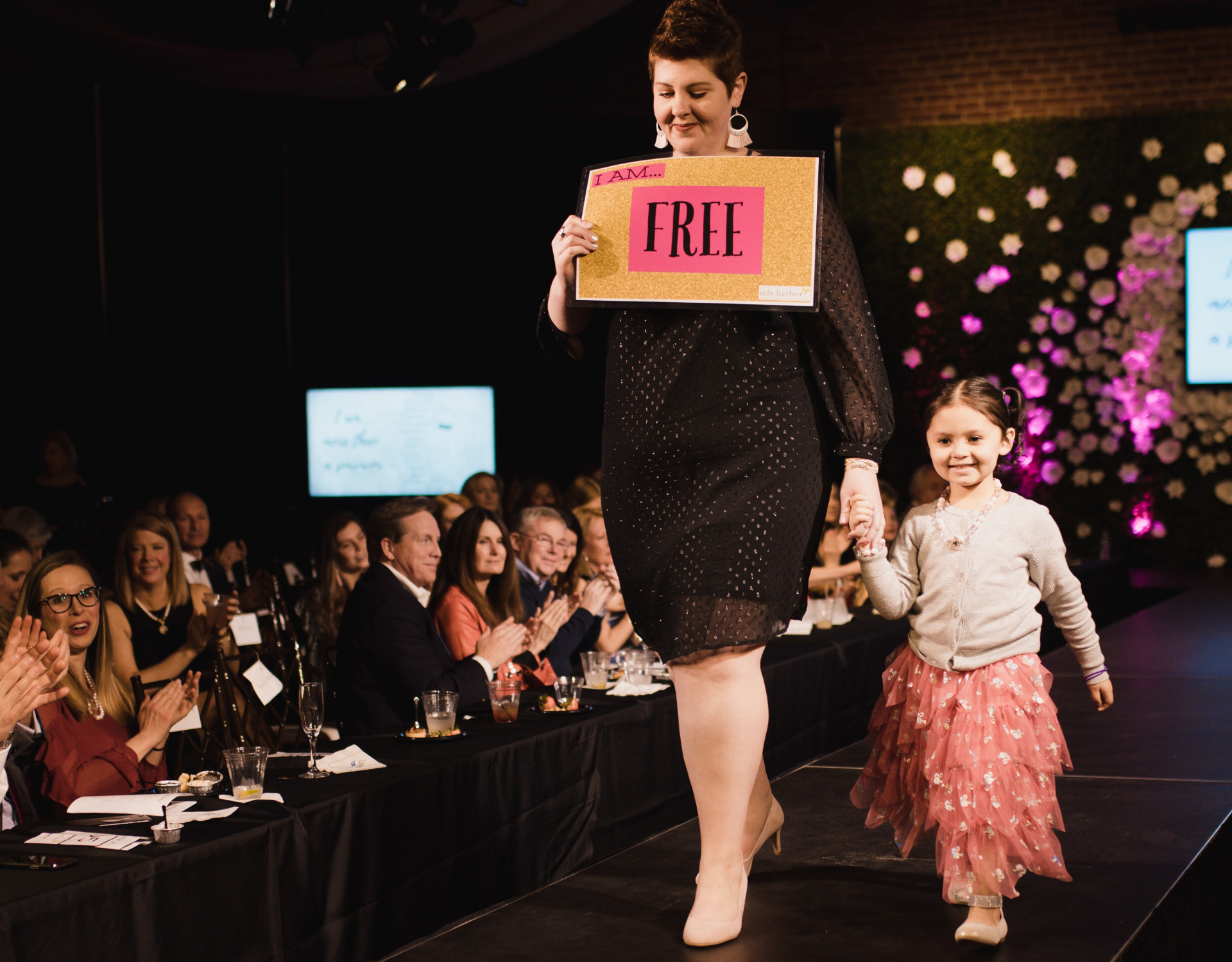Each of our volunteers at Safe Harbor has a story. This month, we’re sharing perspective from Kendall – one of our interns who spends time weekly in our Greenville shelter and is committed to influencing a culture where all people feel safe and valued in their relationships:
I am a senior at USC Beaufort online. I will graduate in December with my Bachelor’s degree in Human Services. In order to graduate, I have to complete three internships. I reached out to Safe Harbor because a friend of mine told me about the work they do and I spoke to Lisa Nalley, Safe Harbor’s Volunteer Coordinator about opportunities. After spending my first internship with Safe Harbor, I enjoyed my experience so much that I decided to serve as an intern for two more years.
As an intern, my main responsibility has been answering crisis line phone calls from women and men who are seeking safety and support due to domestic violence. I help the staff at Safe Harbor’s shelter in completing daily tasks, and most recently, I began assisting with Order of Protection cases at Family Court. I exist as a positive source of emotional support for women who are seeking an additional layer of safety from an abuser.
Since beginning my time as an intern, I’ve learned that Safe Harbor’s Greenville shelter is a community living environment that provides a safe and resourceful living atmosphere for hundreds of women and their children in Greenville and surrounding counties. Safe Harbor offers individuals time to find jobs, housing, and stability; and walks alongside women and their children to identify the strengths within themselves and build skills to stay safe.
In 2017, 99% of Safe Harbor clients who completed a survey before leaving shelter said that they felt safe and learned how to stay safe in the future. 97% said they knew more about domestic violence and how to recognize the warning signs of abuse. 94% said they gained more personal power to make decisions in their lives.
Domestic violence occurs in many different ways and doesn’t discriminate against anyone. Abuse can be emotional, psychological, and/or physical. Each person in the community can make a difference by educating themselves and others about the complexity of domestic violence, knowing some of the red flags, and how to help someone experiencing abuse.




